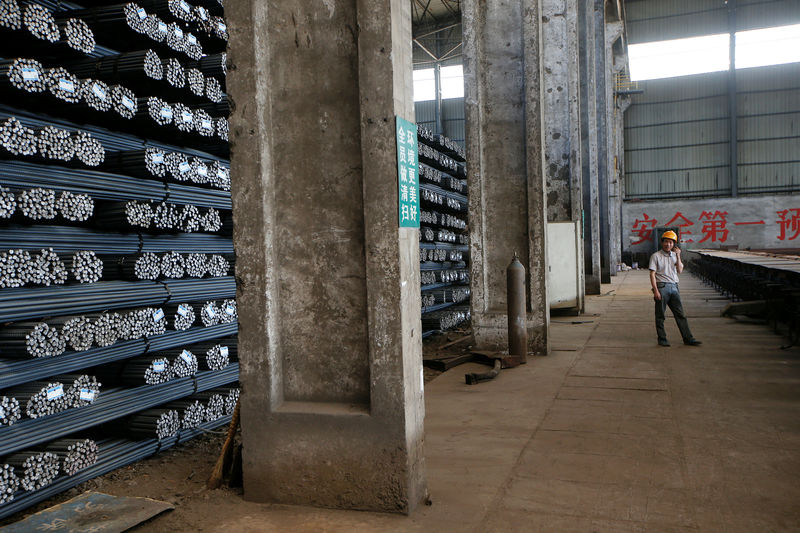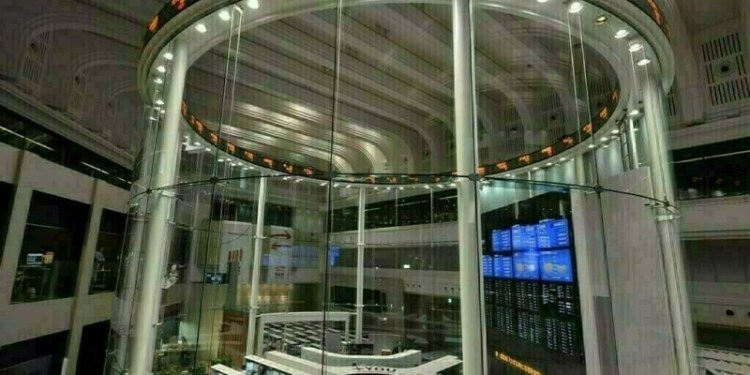 © Reuters. U.S. steel tariffs a concern as G7 finance ministers meet in Canada
© Reuters. U.S. steel tariffs a concern as G7 finance ministers meet in CanadaBy Andrea Hopkins and David Milliken
WHISTLER, British Columbia (Reuters) – A U.S. move to impose tariffs on aluminum and steel imports from Canada, Mexico and the European Union overshadowed a gathering of G7 finance ministers and central bankers on Thursday, amid fears a trade war will imperil global economic growth.
The meeting of top financial policymakers from the Group of Seven industrialized nations in Canada is set to focus on reducing income inequality, but trade concerns have made U.S. Treasury Secretary Steven Mnuchin the top target for bilateral complaints and lobbying from disgruntled allies.
The United States on Thursday said it was moving ahead with imposing the steel and aluminum tariffs, ending months of uncertainty about potential exemptions and sending a chill through financial markets.
Concern about Trump’s hardening approach to trade dominated the discussion panel as top policymakers from the United States, Britain, Germany, France, Italy, Japan and Canada gathered in the alpine village of Whistler, British Columbia, Canada.
“(Trade) is not our direct responsibility. But … this focus on goods trade, bilateral goods is not the right focus in a hyperconnected world where most of the economic activity, most people work, most small businesses, most women work in the service sector,” Bank of England Governor Mark Carney said.
“If we were to liberalize services to the same degree as we have liberalized (trade in) goods, these balances would be cut in half for the United States and for the UK,” he added.
International Monetary Fund Managing Director Christine Lagarde said if trade is “massively disrupted,” the level of public trust in leaders will be severely damaged.
“First of all, those who will suffer most are the poorest, the less privileged people, those who actually rely on imported goods to have their living,” she said, adding that longstanding supply chains also would be disrupted.
The three-day finance leaders’ meeting is set to conclude on Saturday, but U.S. moves on trade policy, which also include potential tariffs and investment restrictions on China and a national security probe that could lead to tariffs on auto imports, are expected to also dominate the G7 summit of world leaders in Quebec next week.
“Facing up to the rise of counterproductive nationalism is a major issue that the G7 cannot avoid,” former Canadian prime minister Paul Martin told the panel.
Fusion Media or anyone involved with Fusion Media will not accept any liability for loss or damage as a result of reliance on the information including data, quotes, charts and buy/sell signals contained within this website. Please be fully informed regarding the risks and costs associated with trading the financial markets, it is one of the riskiest investment forms possible.
Source: Investing.com





























